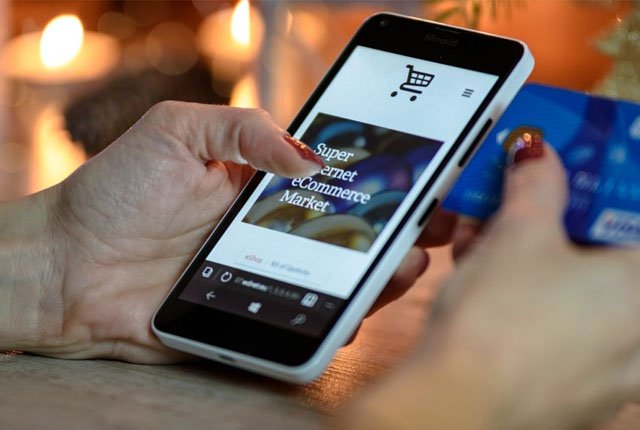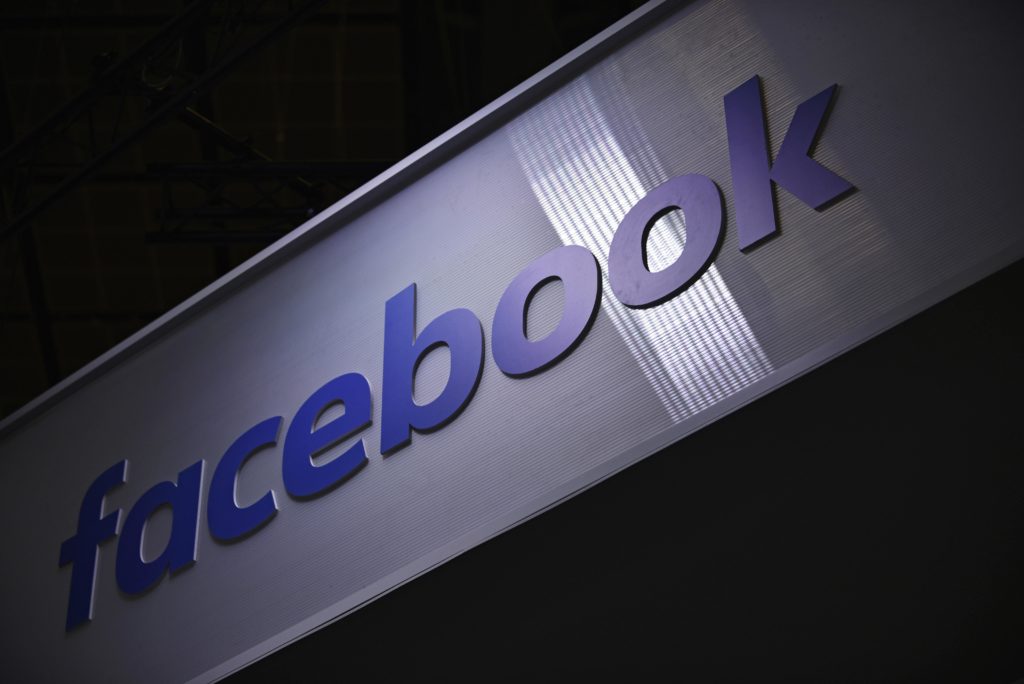 I was recently afforded the opportunity to visit China with Huawei and attend the company’s Huawei Connect 2019 conference.
I was recently afforded the opportunity to visit China with Huawei and attend the company’s Huawei Connect 2019 conference.
One of the most enlightening elements of the trip – other than the conference itself – was the streamlined mobile payment system used in China.
China has a similar commerce setup to South Africa, with a diverse mix of urban stores and informal vendors.
However, these shops have unified their payment systems under one mobile platform – WePay.
WePay is a feature of popular Chinese messaging platform WeChat that allows users to make payments to supported vendors.
Payments are made directly from the customer’s smartphone, and the payment figure is displayed clearly so the vendor knows they are not being scammed.
The integration of smartphone technologies into the consumer market extends beyond mobile payments, too.
Many restaurants also have a QR code on the table that can be scanned to reveal the menu, while the same can be done for catalogues in shops.
The death of traditional payments The prominence of WePay is evident when you visit China as a tourist.
The alternatives for making payments in China are, at least theoretically, using a Visa card or paying in cash.
However, attempts to use our Visa cards were regularly denied by vendors, as there are so few customers who use this technology that many businesses do not own a card machine.
Thankfully, I had exchanged some cash to the Chinese RMB currency ahead of the trip, which made me our group’s saviour on numerous occasions.
However, while cash was more readily accepted by vendors, there were still several situations where vendors did not have the appropriate change on hand.
One taxi driver left us in his vehicle and went into nearby businesses to try and source the appropriate change for my 100RMB note.Even then, when he returned with change, it was not the exact amount.
One local also commented upon seeing me using cash that it had been a long time since they had last seen a banknote.
As tricky as it was to transact with cash, it was even more difficult to source it in the first place.
In searching for an ATM, we encountered entire malls without one, and roamed the streets of Shanghai desperately searching for somewhere we could draw cash.
Asking locals where we could find an ATM was often a pointless task, as most people simply use WePay, and have no need to know where ATMs are situated.
When we were with a Chinese Huawei employee, however, they would simply whip out their smartphone and open WePay, and the payment would be sorted within seconds.
The dominance of WePay, combined with how smoothly it operates, made it very clear that it has come close to rendering traditional payment systems obsolete in China.
Options in South Africa WeChat is unlikely to become a prominent platform in South Africa due to the popularity of WhatsApp.This means that WePay is also unlikely to gain traction locally.
However, there are other mobile payment solutions available to local consumers.
Samsung Pay continues to increase in prominence in South Africa, and is available to clients of various banks including Absa, FNB, and Standard Bank.
Samsung Pay supports card payment terminals that are already used in South Africa.It uses NFC technology, and can even be used on terminals that don’t support NFC via magnetic secure transmissions (MST).
However, only certain Samsung devices are compatible with the payment system, and many employees who process transactions may not be skilled in using the technology.
Huawei and Apple smartphone users do not yet have access to Huawei Pay and Apple Pay, although Huawei has previously said that Huawei Pay is “definitely coming” to South Africa.
Ultimately, however, a system like WePay that can be implemented on the back of a universally popular platform would be preferable.
WhatsApp Pay would be a great solution, as WhatsApp is incredibly popular in South Africa across devices.
WhatsApp Pay was previously tested in India back in 2018, and was used by 1 million users – showing that WhatsApp has the capability to develop such a system.
This, combined with the development of Facebook’s controversial Libra cryptocurrency, could mean that a WhatsApp payment platform could be the future of South African mobile payments.
Now read: Huawei’s incredible European-themed campus – Photos Apple Pay Headline Huawei Pay mobile payments Samsung Pay WePay.
Mobile payments can work in South Africa – Just look at China
I was recently afforded the opportunity to visit China with Huawei and attend the company’s Huawei Connect 2019 conference. One of the most enlightening elements of the trip – other than the conference itself – was the streamlined mobile payment system used in China. China has a similar commerce setup to South Africa, with a…
